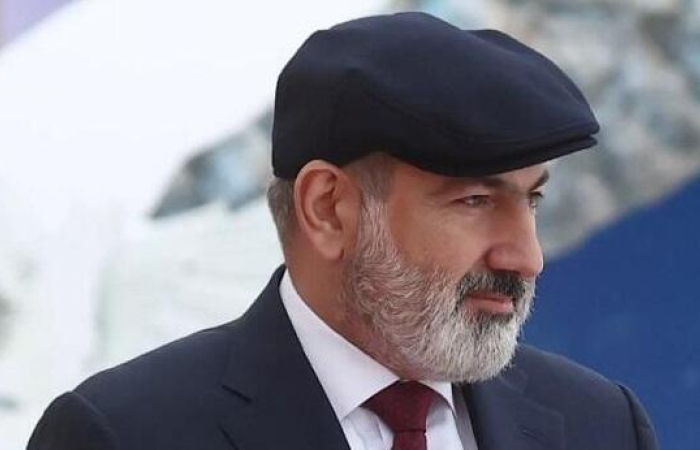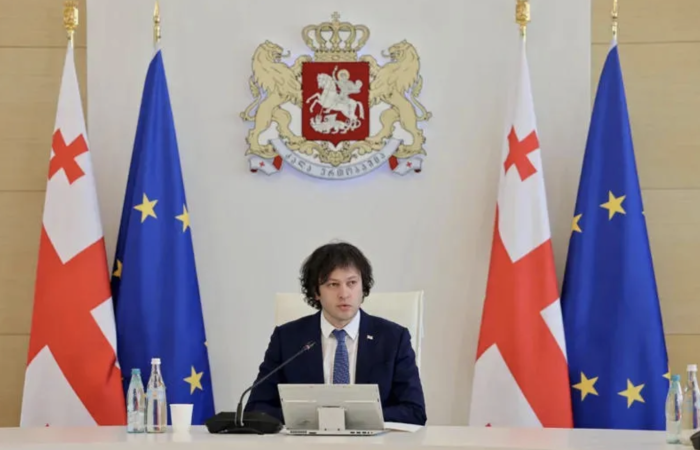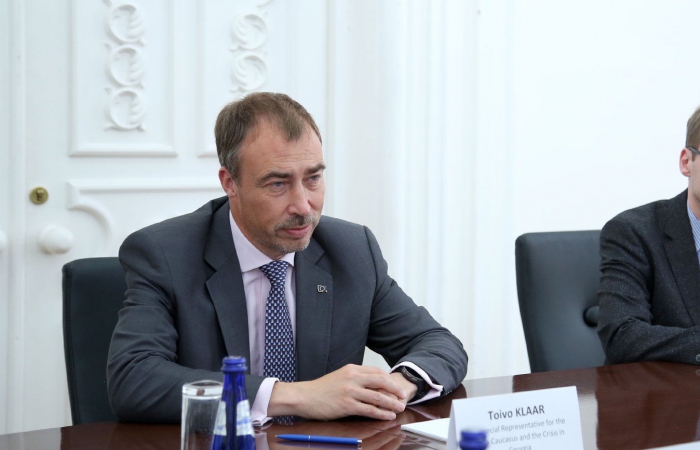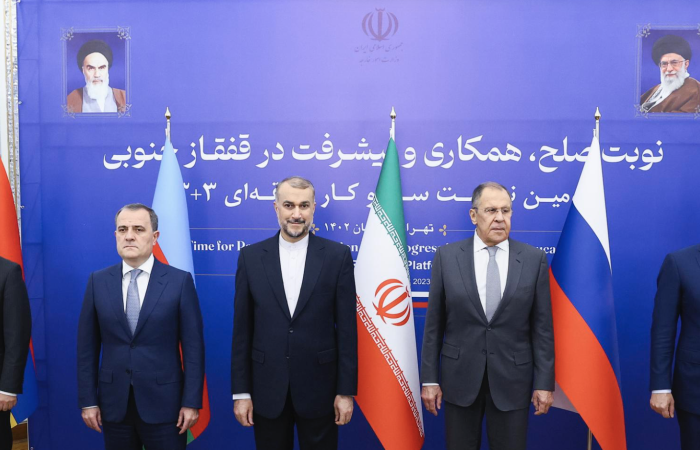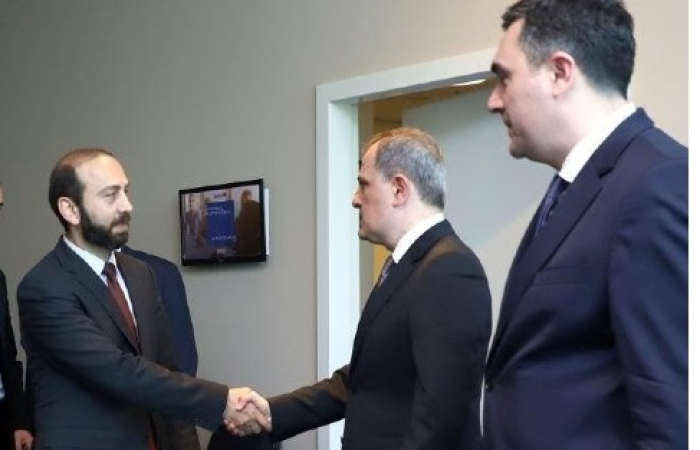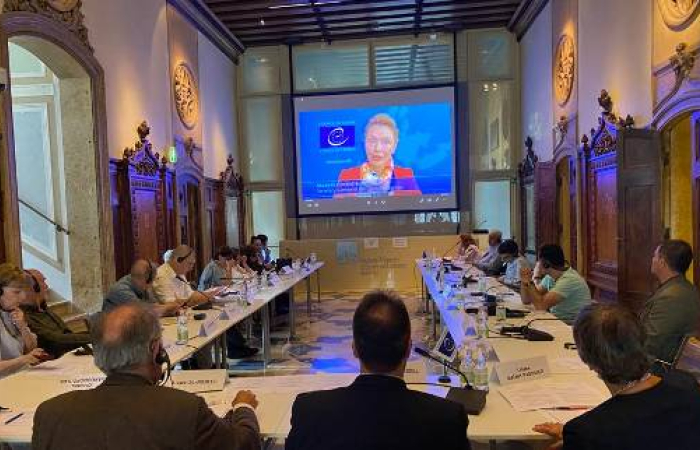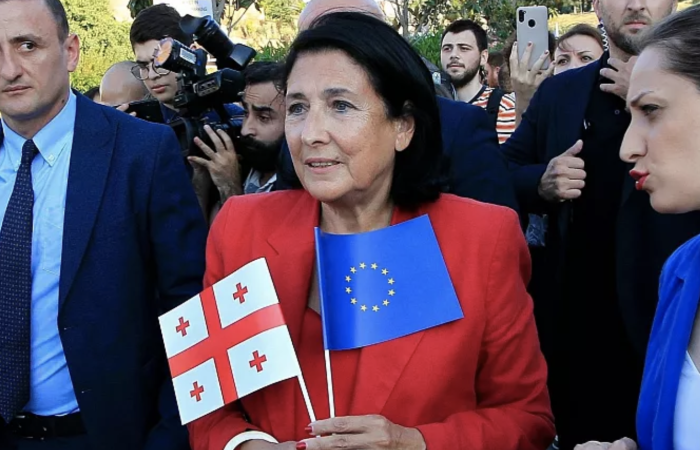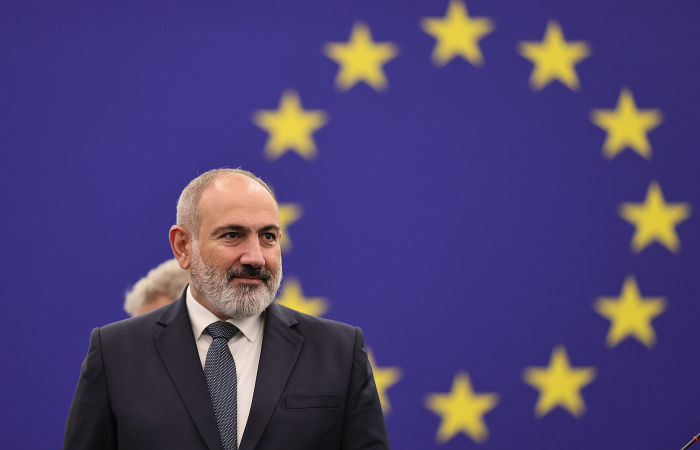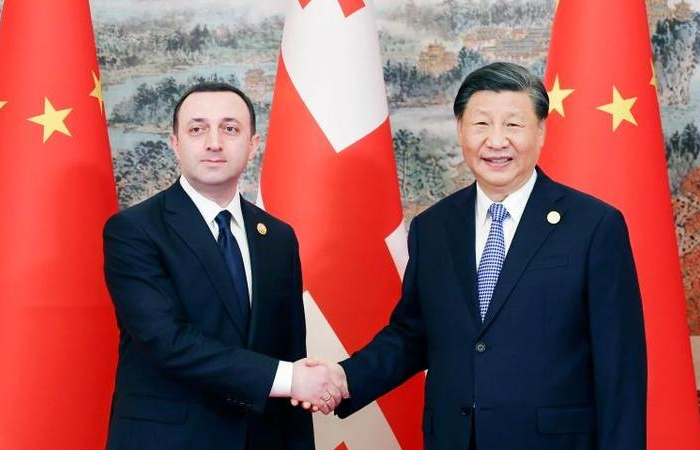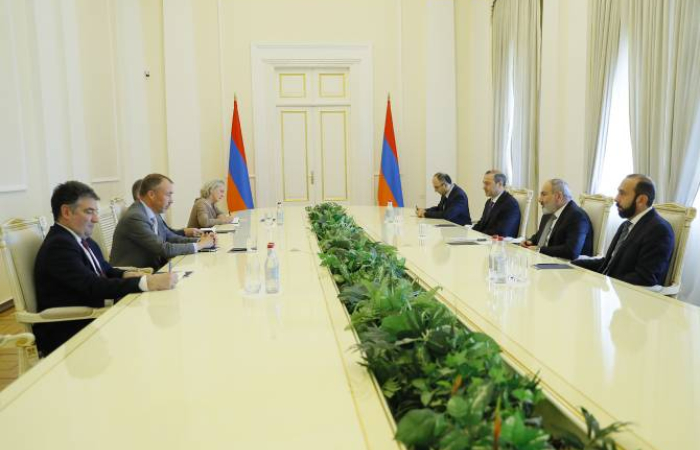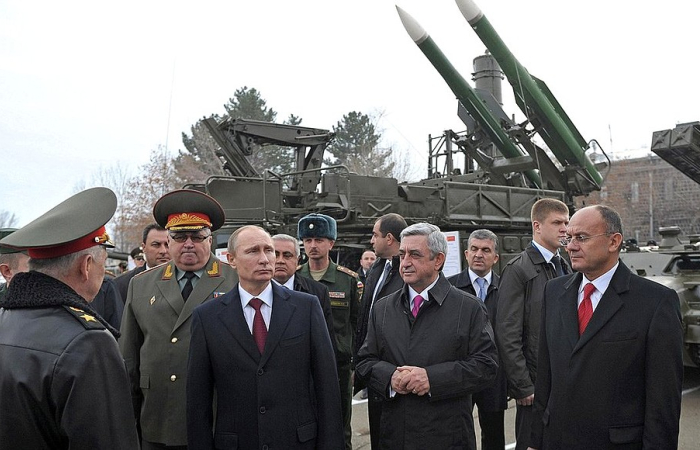Editor's choice
This is a members’ functionality. Please
Sign upCommentary
Trending
Russia's role in the South Caucasus continues to be that of spoiler
12 October 2023
For decades, Russia has tried to protect its interests in the South Caucasus following the collapse of the Soviet Union in 1991. But Russia had nothing to offer to the countries of the region, be it for their economic and political challenges, or even more importantly for the process of restoring peace in the region after it slid into conflict at the end of the Soviet era. There was however one thing that it could do, and that was to spoil any efforts for peace and reconciliation, if these efforts did not originate and were managed by Russia itself. This way it could maintain it primordial position in the region, and as much as possible, keep everyone else out, whilst often presenting itself as an exemplary peacemaker.
This grotesque situation has played itself out in front of everyone’s eyes since 1992. Armenia, Azerbaijan and Georgia have for most of the time had no choice but to play along with the Russian masquerade, and the international community, most of the time distracted by other issues, generally played along, being content to be seen offering some kind of balance to Russian posturing. Russia never had, and certainly does not have now, any interest in working genuinely with international partners to support peace between Armenia and Azerbaijan. If a dialogue with Russia is necessary so that Russia will not be a spoiler, than that dialogue is futile because Russian objectives are not the same as those of the West. Russia’s gloating when Azerbaijani president Aliyev failed to turn up for a crucial summit in Granada last week is a case in point. We are now already seeing Russian rhetoric increase as preparations for the long-expected meeting between Aliyev and Pashinyan, with Michel, scheduled for later this month, intensify. Russian pressure on Armenia and Azerbaijan ahead of the Brussels meeting is also increasing both overtly and covertly. There is an argument that Armenia and Azerbaijan simply cannot afford to be seen agreeing with each other, under the auspices of Brussels, without the Russians being part of the story. Thus there has been in recent weeks some frantic discussions about how that could be done, including by having the final lap of any discussions in Tbilisi, without any outside mediators. Such ideas have also found favour in Tehran and Ankara. A wonderful idea, but one that has many flaws. Any agreement will need to be somehow underpinned by some kind of international patronage. And “ownership” will also determine who is going to pick up the bill for post-conflict reconstruction and other costs of erasing the scars of the conflict from the region, including for example demining. Still, Tbilisi may be a venue that more or less can be acceptable to both the Russians as well as to the Europeans and the Americans.
In the end, the location of the symbolic finishing line must not turn out to be the most important issue. All focus, and all efforts must be concentrated on getting Armenia and Azerbaijan to agree to finally put an end to this long painful episode in their history, that has taken the lives of tens of thousands, displaced hundreds of thousands and costed billions. And that would be just the end of the beginning because translating a written agreement into concrete actions that would ensure lasting and durable peace will be a much longer and more difficult endeavour.
commonspace.eu editorial team



